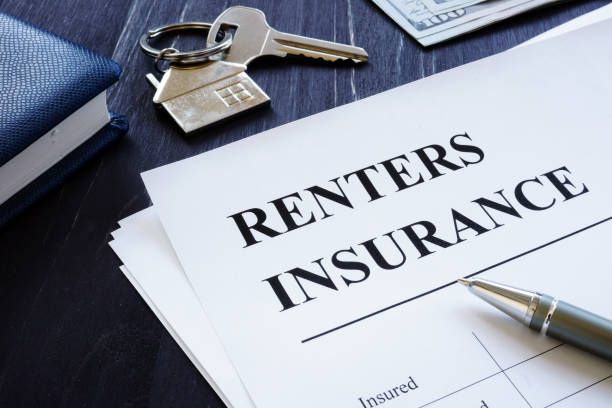Owning a home is a significant investment and a source of pride for many individuals and families. Alongside the joys of homeownership come responsibilities, including protecting your property against unforeseen events like natural disasters. Home insurance is a crucial financial tool that provides coverage for various risks, but does it include protection against natural disasters? In this comprehensive guide, we’ll delve into the intricacies of home insurance coverage to help you understand if your policy includes protection against natural disasters and what steps you can take to ensure you’re adequately covered.
Understanding Home Insurance Coverage
Home insurance, also known as homeowners insurance, is a type of property insurance that provides financial protection for your home and personal belongings in the event of covered perils, such as fire, theft, vandalism, and certain types of weather-related damage. Most standard home insurance policies consist of several key components:
- Dwelling Coverage: Protection for the physical structure of your home, including the walls, roof, floors, and built-in appliances, against covered perils.
- Personal Property Coverage: Coverage for your personal belongings, such as furniture, clothing, electronics, and other household items, against covered perils, both inside and outside your home.
- Liability Coverage: Protection against legal liability for bodily injury or property damage that you or your family members may cause to others, either on your property or elsewhere.
- Additional Living Expenses (ALE): Coverage for temporary living expenses, such as hotel stays, meals, and rental accommodations, if your home becomes uninhabitable due to a covered loss.
Does Home Insurance Cover Natural Disasters?
The answer to whether home insurance covers natural disasters depends on the specific perils covered by your policy and any additional endorsements or riders you may have. While standard home insurance policies typically provide coverage for common perils like fire and theft, they may not automatically include coverage for certain types of natural disasters, such as earthquakes, floods, hurricanes, or tornadoes. However, many insurance companies offer optional coverage or separate policies to protect against these risks. Let’s explore some of the most common types of natural disasters and how they’re typically covered:
- Earthquakes: Standard home insurance policies typically exclude coverage for earthquake damage. However, you can purchase a separate earthquake insurance policy or add an endorsement to your existing policy to provide coverage for earthquake-related damage to your home and personal property.
- Floods: Flood damage is generally not covered by standard home insurance policies. You can purchase a separate flood insurance policy through the National Flood Insurance Program (NFIP) or private insurance companies to protect your home and belongings against flood-related losses.
- Hurricanes and Windstorms: Damage caused by hurricanes and windstorms is typically covered by standard home insurance policies, including damage to your home’s structure and personal property. However, some coastal areas may require separate windstorm or hurricane deductibles, and coverage limitations may apply in high-risk areas.
- Tornadoes: Tornado damage is typically covered by standard home insurance policies as a form of windstorm damage. However, it’s essential to review your policy to ensure you have adequate coverage for tornado-related losses, including damage to your home, personal property, and additional living expenses.
Ensuring Adequate Coverage for Natural Disasters
To ensure you have adequate coverage for natural disasters, consider the following steps:
- Review Your Policy: Carefully review your home insurance policy to understand what perils are covered and any exclusions or limitations that may apply. Pay attention to any endorsements or riders you may have for specific natural disaster coverage.
- Assess Your Risks: Assess the natural disaster risks in your area, such as earthquake, flood, hurricane, or tornado risk, and determine whether you need additional coverage beyond what is provided by your standard policy.
- Consider Optional Coverage: Explore optional coverage options for natural disasters, such as earthquake insurance, flood insurance, or windstorm insurance, and consider adding these coverages to your policy if you live in an area prone to these risks.
- Consult with an Insurance Agent: Consult with an experienced insurance agent or broker to discuss your coverage needs, evaluate your options, and customize a policy that provides comprehensive protection against natural disasters and other risks.
- Update Your Coverage: Regularly review and update your home insurance coverage to reflect changes in your property value, home improvements, or changes in your risk exposure. Be proactive about updating your coverage to ensure you’re adequately protected against potential losses.
Conclusion
In conclusion, home insurance is a valuable financial tool that provides protection for your home and personal belongings against a range of risks, including certain types of natural disasters. While standard home insurance policies typically include coverage for common perils like fire and theft, coverage for natural disasters may require additional endorsements, riders, or separate policies. By understanding your policy’s coverage, assessing your risks, and exploring optional coverage options, you can ensure that you have comprehensive protection against natural disasters and other unexpected events, providing peace of mind and financial security for you and your family.


